Ensuring the security of your web hosting environment is more critical than ever. Cyber threats are constantly evolving, and a single breach can have devastating consequences for your website and business. Implementing robust security measures is essential to protect your data, maintain customer trust, and ensure the smooth operation of your online presence. Here are some best practices for web hosting security that every website owner should follow.
Regular Software Updates
Keeping your software up to date is one of the simplest yet most effective ways to enhance security. This includes your content management system (CMS), plugins, themes, and server software. Developers frequently release updates to patch security vulnerabilities and improve functionality. Regularly check for updates and apply them promptly to minimize the risk of exploitation.
Strong Password Policies
Weak passwords are a common entry point for cyber attackers. Implement strong password policies that require a combination of letters, numbers, and special characters. Encourage users to change their passwords regularly and avoid using the same password across multiple sites. Consider using password managers to generate and store complex passwords securely.
Secure Sockets Layer (SSL) Certificates
SSL certificates encrypt the data transmitted between your server and users, protecting sensitive information such as login credentials and payment details. Implementing SSL not only enhances security but also boosts your website’s credibility and search engine ranking. Ensure that your SSL certificates are up to date and properly configured.
Web Application Firewalls (WAF)
A Web Application Firewall (WAF) acts as a barrier between your website and potential threats. It filters and monitors incoming traffic, blocking malicious requests and protecting against common attacks such as SQL injection and cross-site scripting (XSS). Deploying a WAF can significantly reduce the risk of security breaches and improve your website’s overall security posture.
Regular Backups
Regular backups are essential for recovering from security incidents, such as data breaches or ransomware attacks. Schedule automated backups of your website and databases, and store them in a secure, offsite location. Test your backups periodically to ensure they can be restored quickly and accurately in case of an emergency.
Access Control
Limiting access to your web hosting environment is crucial for preventing unauthorized changes and data breaches. Implement role-based access control (RBAC) to assign permissions based on user roles and responsibilities. Use multi-factor authentication (MFA) to add an extra layer of security for accessing sensitive areas of your website and server.
Security Audits and Vulnerability Scans
Regular security audits and vulnerability scans help identify potential weaknesses in your web hosting environment. Conduct these assessments periodically to detect and address security gaps before they can be exploited. Use reputable security tools and services to perform comprehensive scans and generate detailed reports.
Secure File Permissions
Incorrect file permissions can expose your website to unauthorized access and modifications. Ensure that your files and directories have the appropriate permissions set. Typically, directories should have permissions set to 755 and files to 644. Avoid using overly permissive settings, such as 777, which can leave your site vulnerable to attacks.
Monitoring and Logging
Continuous monitoring and logging of your web hosting environment can help detect suspicious activity and respond to security incidents promptly. Implement monitoring tools to track server performance, user activity, and network traffic. Analyze logs regularly to identify patterns and anomalies that may indicate a security threat.
Educating Users
Educating your users about security best practices is essential for maintaining a secure web hosting environment. Provide training and resources on topics such as phishing, social engineering, and safe browsing habits. Encourage users to report any suspicious activity and stay informed about the latest security threats and trends.
Conclusion
Implementing these best practices for web hosting security can significantly reduce the risk of cyber threats and ensure the safety of your website and data. By staying proactive and vigilant, you can protect your online presence and maintain the trust of your users. Remember, security is an ongoing process that requires continuous attention and improvement.
Web Hosting Tutorials is your go-to online resource for mastering web hosting and website management. From beginner-friendly WordPress guides to advanced server administration tutorials, we offer a comprehensive suite of educational content to empower your online presence. Elevate your web skills with our expertly designed tutorials and become confident in navigating the complex world of web hosting.


